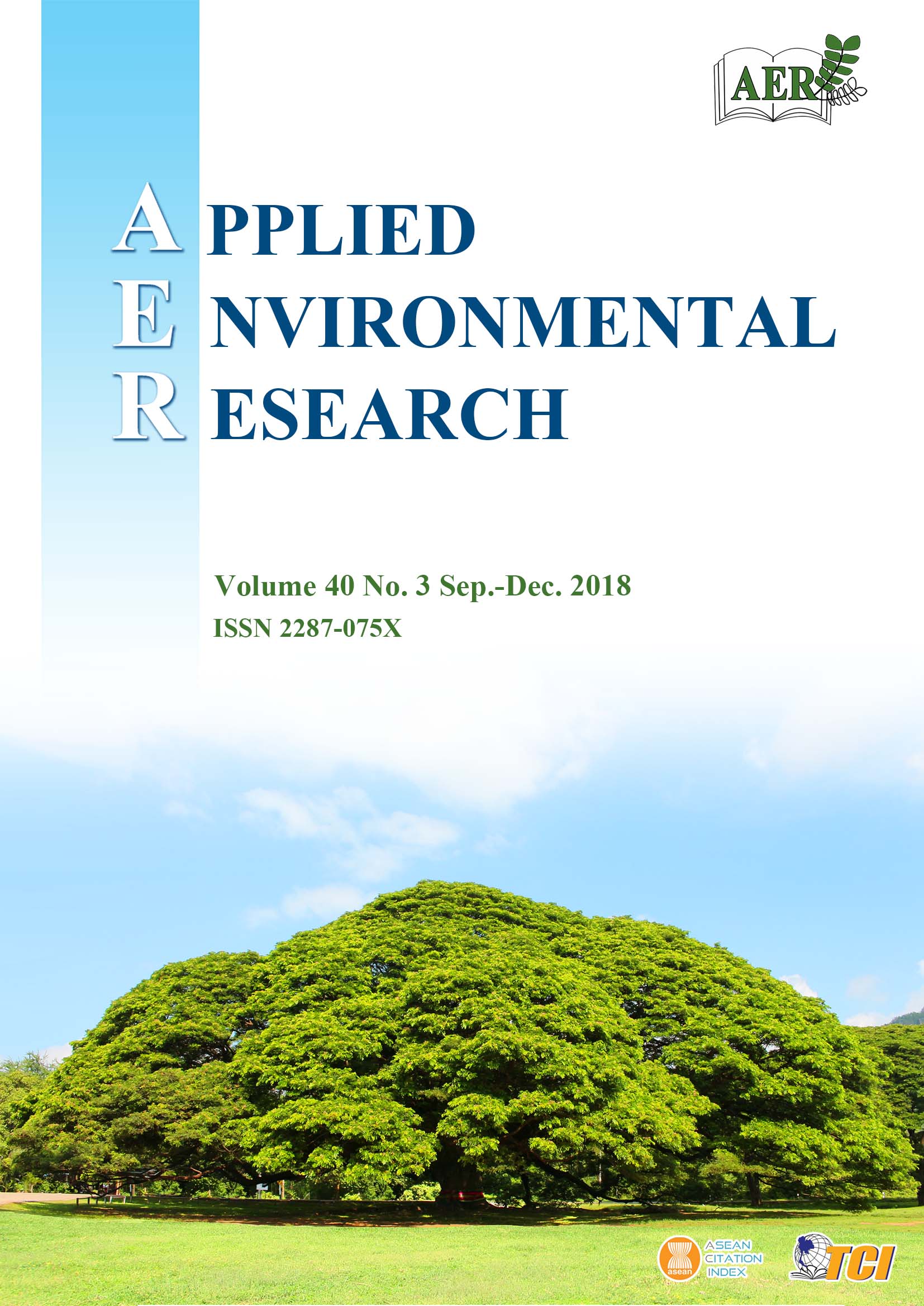Stakeholders’ Perspectives of Design Options for a Rooftop Solar PV Self-consumption Scheme in Thailand
Main Article Content
Abstract
Adoption of solar photovoltaic (PV) power generation systems has been accelerating around the world, contributing to the debate about the future of policy and regulation in a high distributed energy resources future. As one of the leaders in solar investment in Southeast Asia, Thailand has recently shifted its policy framework for the support of small scale, distributed solar PV systems from subsidizing power export through feed-in tariff toward a policy that is focused on self-consumption. This paper investigates stakeholder perspectives of the detailed design options for self-consumption schemes for supporting rooftop solar PV installations. The research methodology employed questionnaires and focus group discussion in order to capture stake-holder perspectives for each element of rooftop solar PV self-consumption schemes. In all, the data derived from questionnaires and focus group discussion involved a total of 72 stakeholders. The results indicate that most stakeholder groups expressed a strong desire for compensation for excess generation of PV electricity from rooftop PV systems. While the majority of electric utilities prefer a system of net billing with real-time buyback, designed to minimize revenue losses, consumers and policymakers preferred a net-metering-based compensation scheme for supporting use of rooftop PV electricity in Thailand.
Article Details

This work is licensed under a Creative Commons Attribution-NonCommercial 4.0 International License.
Published articles are under the copyright of the Applied Environmental Research effective when the article is accepted for publication thus granting Applied Environmental Research all rights for the work so that both parties may be protected from the consequences of unauthorized use. Partially or totally publication of an article elsewhere is possible only after the consent from the editors.

